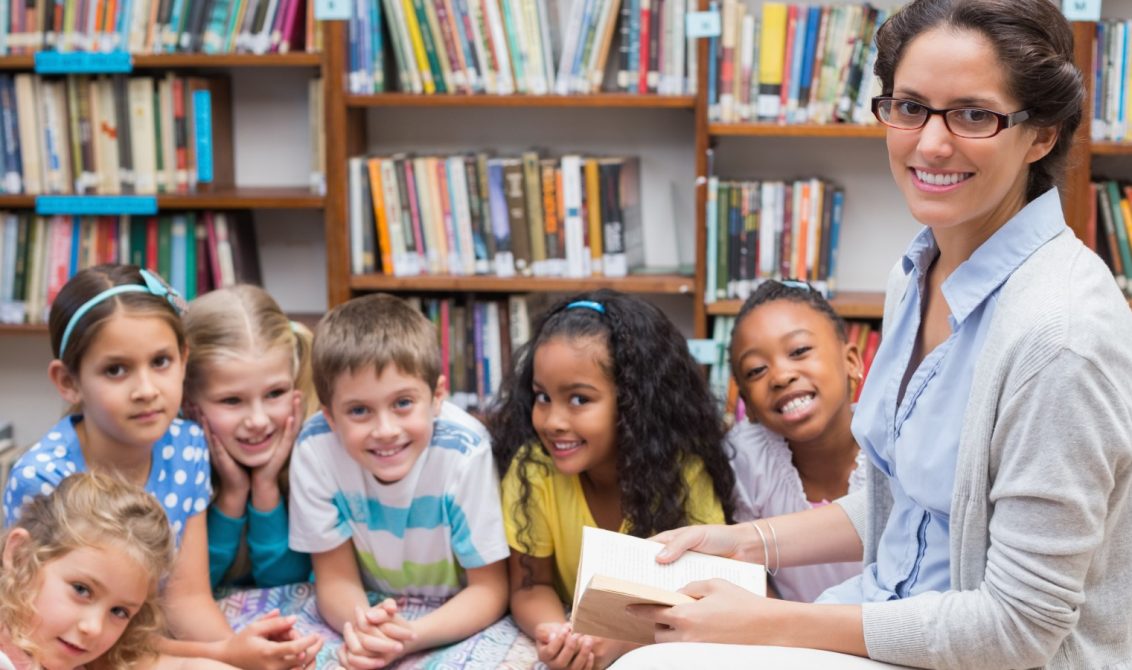
What is the purpose of primary education? What should children learn if – as the author suggests – it’s not all about ‘reading, writing and mathematics’?
Primary education comes first. It seems like an obvious thing to say, but all too often we write off these early years of education as less important than later years, filled as they are with high stakes exams, university places, and career choices.
What is the role of primary?
Primary schools provide the building blocks of English and Maths that are essential for children to access other subjects – and the wider world. With support and the right atmosphere, Primary school is where children are put on track for later achievements, both academic and non-academic. But there is so much more to Primary education than ‘reading, writing and mathematics’.
My experiences in the classroom and educational sphere have reinforced a strong belief that this early stage is absolutely key to a child’s life chances. For many, Primary is a child’s first experience of formal learning. Teachers play a vital and often undervalued role in creating a positive environment where students are empowered to interact and engage with the world around them, and where they can develop a lifelong enthusiasm for learning.
Building the foundations
This is the age where children learn how to learn (and how to question). Learning skills and habits can be properly embedded at this age, and the foundations of critical thinking, independent learning, and being able to reflect on their own learning can be introduced. Educators and school leaders often report these learning skills as weak when children reach their GCSE years, but Primary education can introduce these skills in a systematic, supportive and safe environment, enabling students to reach their potential.
Primary school is also the first real opportunity to provide children with real barriers – and the tools to overcome them. This may sound counter-intuitive, but how often do we meet older children who are devastated by the slightest setback, or defeated by information that isn’t at their fingertips? From an early age, the right kind of teaching can support children in developing a growth mindset, equipping them with the tools they need to solve challenges outside of their immediate experience. By praising hard work, effort and the gradual improvement of skills (as well as knowledge), and teaching children to learn from their mistakes rather than be defeated by them, students begin to see intelligence as something we can all develop. These students take on challenges and learn from them – ultimately developing their skills and growing their achievements. This, perhaps more than anything, is the hardest thing to learn as we become older – and Primary school is the ideal time to introduce this mindset before the pressure of high-stakes exams sets in.
Embedding a growth mindset
Here are a few practical ways you can begin to embed a growth mindset in your school to help put your students on the path to becoming successful and happy adults:
- Praise children for effort, pointing out that the effort they have put in has paid off. Say: “Well done, you tried hard and it worked!”
- Encourage children to learn from their mistakes. Ask: “What did you learn from this? What can you do differently next time?”
- If a child is struggling with some work, don’t let them give up. Instead, ask: “How could you approach this differently? What could you try next?”
When the whole school follows this approach, children begin to develop vital skills they will carry with them for life, enabling them to succeed in Secondary school and beyond.
The tools, support and training you need are built in to our publishing, to help you as teachers support children as they begin their education. Find out more information about the Pearson iPrimary curriculum here.
About the Author
Kevin Hiatt is a Publisher at Pearson, working on the new International Primary (and Lower Secondary) Curriculum. Prior to entering the world of publishing, Kevin was a Primary School teacher and senior leader in the UK, as well as an English language teacher abroad, and has since kept up a passion for helping students and teachers learn and develop.

